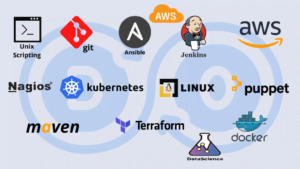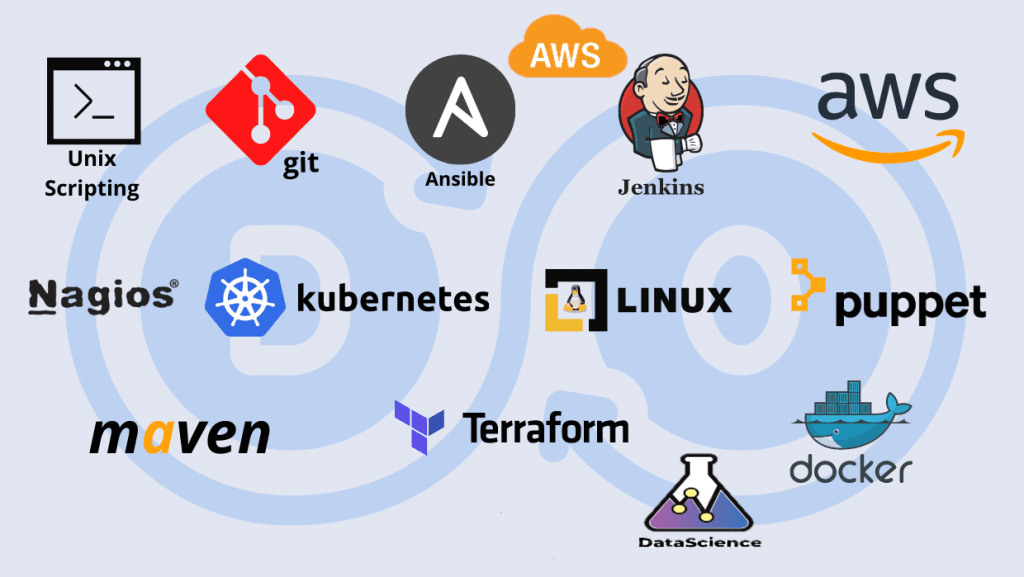DevOps The Essential Skills Every IT Professional Should Hav
DevOps: The Essential Skills Every IT Professional Should Have
The DevOps field is experiencing rapid growth as it bridges the divide between software development and IT operations. It encompasses a collection of practices focused on automating and optimizing the software delivery process, empowering organizations to deliver top-notch software with increased speed and efficiency. In today’s job market, there is a high demand for DevOps professionals, making it crucial for IT experts to acquire and master DevOps skills to maintain a competitive edge in their careers.
Essential DevOps Skills
1. Automation: DevOps professionals must be skilled in automating the software delivery process using tools like Jenkins, Ansible, and Terraform. Organizations can achieve faster software delivery and enhance efficiency by leveraging automation, which effectively reduces errors.
2. Collaboration: Collaboration plays a vital role in DevOps, as it involves the seamless coordination between diverse teams such as developers, QA engineers, and IT operations. DevOps professionals must possess strong skills in working harmoniously with these teams and effectively communicating, thereby minimizing bottlenecks and ensuring a streamlined software delivery process.

3. Continuous Integration and Continuous Deployment (CI/CD): CI/CD is a critical component of DevOps. DevOps professionals must be skilled in implementing and managing CI/CD pipelines using tools like Jenkins. CI/CD enables organizations to deliver software faster and with higher quality.
10 Reasons Why DevOps is Essential for Business Success
Benefits of Learning DevOps
Acquiring knowledge in DevOps can offer numerous advantages for IT professionals, such as:
- Expanding job prospects: Given the high demand for DevOps professionals in the current job market, mastering DevOps skills can significantly broaden one’s range of job opportunities.
- Improved efficiency: DevOps practices enable organizations to deliver software faster and more efficiently, reducing costs and improving overall efficiency.
Enhanced collaboration: DevOps places a strong emphasis on fostering collaboration among various teams and departments, leading to improved communication and a reduction in bottlenecks.
- Higher quality software: DevOps practices like CI/CD enable organizations to deliver high-quality software faster and with fewer errors.

